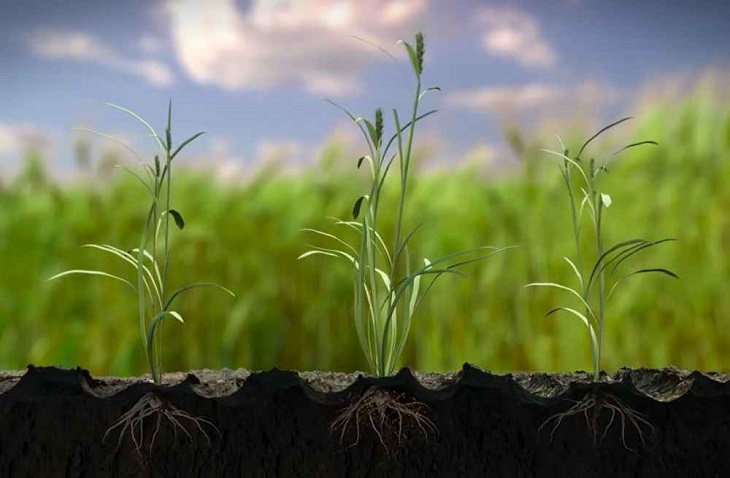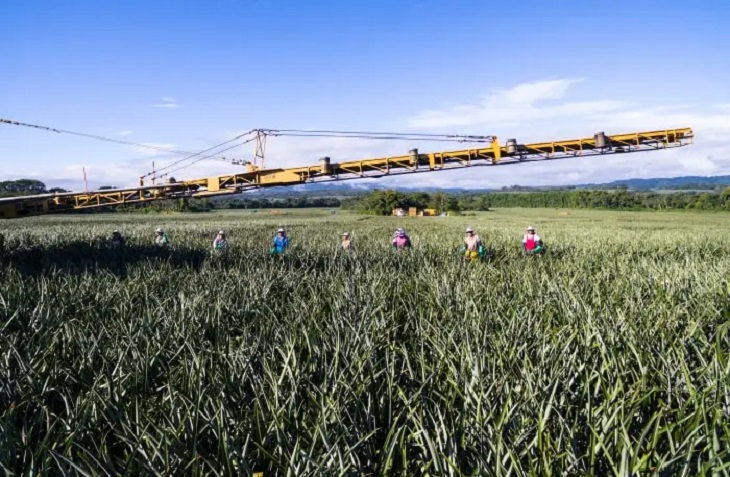Agriculture dominates the Kenyan economy, accounting for 40 percent of the overall workforce (70 percent of the rural workforce) and about 33 percent of Kenya’s Gross Domestic Product (GDP). The country’s major agricultural exports are tea, coffee, cut flowers, and vegetables.
To help boost Kenya’s agricultural sector, Del Monte Kenya embarked on a groundbreaking initiative that could reshape the agricultural landscape within and outside of the country. The company established a new biofertilizer plant near its operations, which will transform pineapple residues from its cannery into four distinct types of biofertilizers.
This one-of-a-kind biofertilizer plant not only underscores Del Monte Kenya’s commitment to sustainable practices but also has significant implications for the agricultural sector and the broader economy. The company hopes to commercialize the biofertilizers to have other farmers benefit, too.
A Sustainable Solution for Agricultural Growth
The biofertilizer plant represents a significant step toward a circular economy, where waste is minimized and resources are efficiently utilized. By converting pineapple residues—previously considered waste—into valuable biofertilizers, Del Monte Kenya is setting a precedent for sustainable agricultural practices. This move not only reduces the environmental impact of its operations but also provides a reliable source of organic fertilizers that can enhance soil health and boost crop yields.
Economic and Sectoral Impact
The implications of this initiative extend beyond Del Monte’, Kenya’s farms. By producing biofertilizers for eventual sale to other growers across East Africa, Del Monte Kenya is positioning itself as a key player in the region’s agricultural input market. This could lead to a reduction in the reliance on chemical fertilizers, which are often imported and can be costly for farmers.
What is more, with biofertilizers being locally produced, more growers can access affordable and environmentally friendly alternatives, potentially leading to increased agricultural productivity across the region.
A Boost for Local Farmers and the Economy
For local farmers, the availability of these biofertilizers could be a game-changer. As biofertilizers improve soil structure, increase nutrient availability, and enhance plant growth, farmers could see improved crop yields and better-quality produce. This, in turn, could lead to higher incomes for smallholder farmers, who form the backbone of the agricultural sector in East Africa.
Moreover, the creation of the biofertilizer plant is likely to stimulate job creation and provide new opportunities for local communities. From plant operations to distribution networks, this initiative could contribute to economic growth and poverty reduction in the surrounding areas.
Setting a Precedent for Corporate Responsibility
Del Monte Kenya’s venture into biofertilizer production also highlights the importance of corporate responsibility in driving sustainable development. By leveraging its resources and expertise, the company is not only addressing waste management challenges but also contributing to broader environmental and economic goals. This initiative could inspire other companies in the agricultural sector to adopt similar practices, leading to a more sustainable and resilient agricultural industry.
There is no doubt that the establishment of Del Monte Kenya’s biofertilizer plant marks a significant milestone in the pursuit of sustainable agriculture in East Africa. Turning pineapple residues into valuable biofertilizers will not only enhance its operations but also provide a vital resource for farmers across the region. This initiative has the potential to drive economic growth, improve agricultural productivity, and set a new standard for environmental stewardship in the industry.
Related Content: Del Monte Moves The Mountain Through Education











